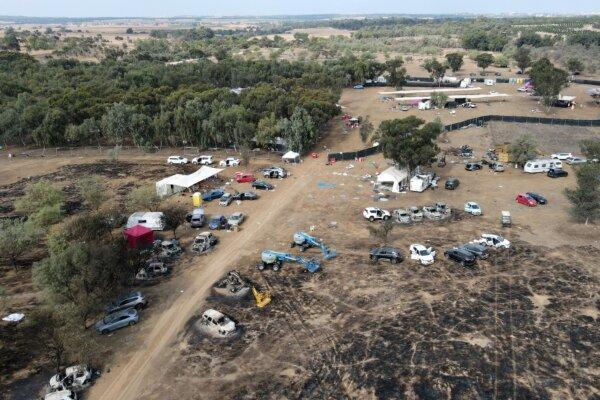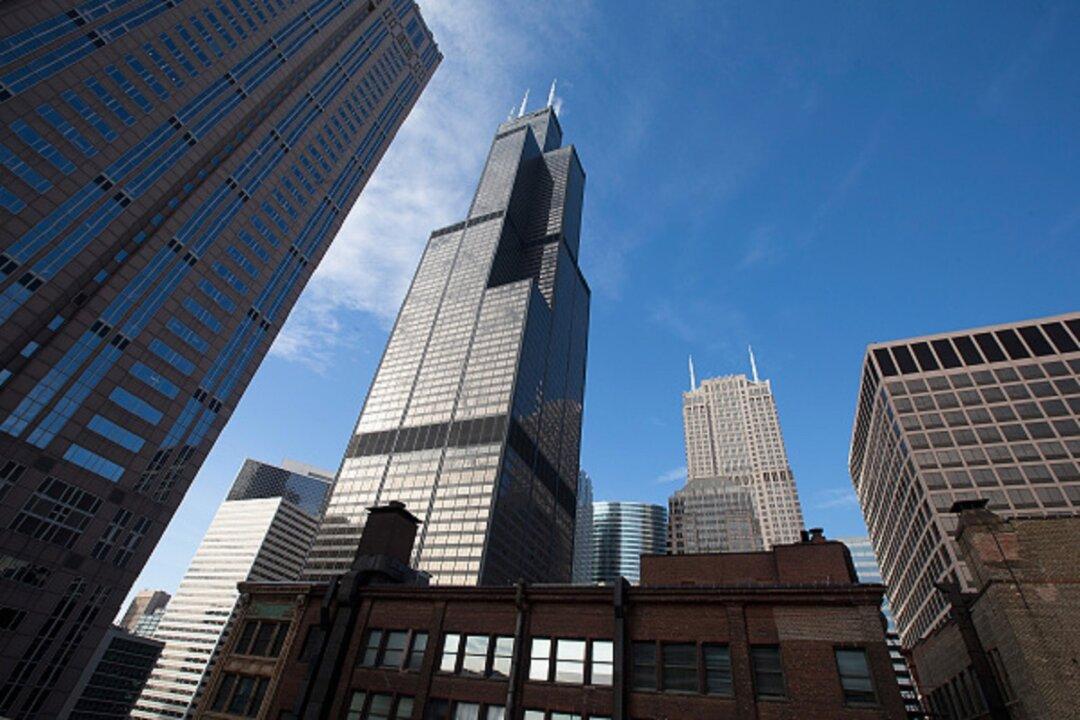Some Americans may be perplexed by the pro-Palestinian demonstrations that swept the country after Hamas’s Oct. 7 sneak attack, which took the lives of more than 1,400 Israelis, including many civilians.

An aerial picture shows the abandoned site of the weekend music festival attacked by Hamas terrorists near Kibbutz Reim in the Negev desert in southern Israel, on Oct. 10, 2023. Jack Guez/AFP via Getty Images





